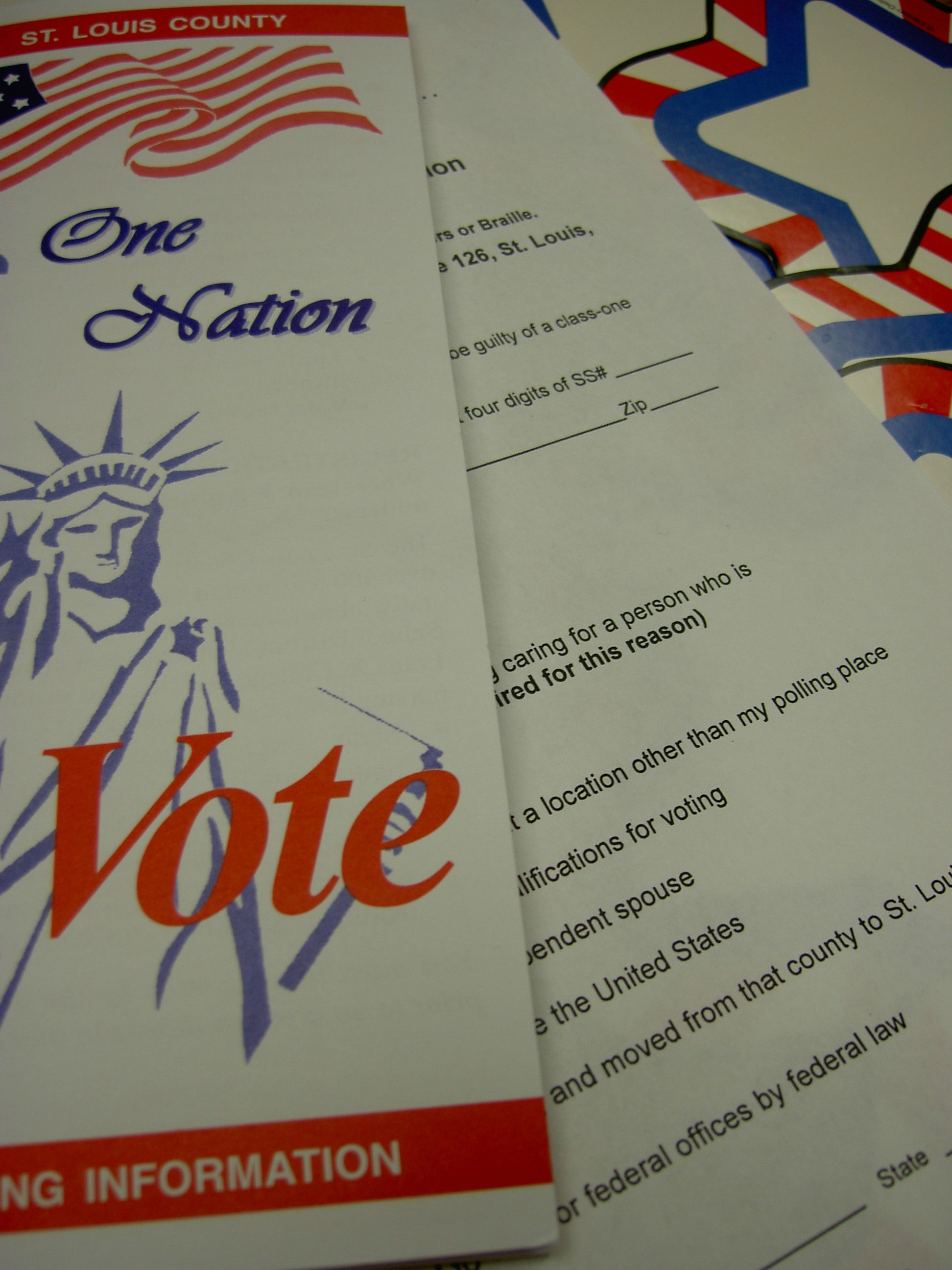NJ Supreme Court to Clarify Whether Candidates Can Face Criminal Charges for Accepting Bribes
The Supreme Court of New Jersey recently agreed to consider State v. Jason M. O’Donnell, which involves whether a candidate who loses an election was still be convicted of accepting a bribe. Facts of the Case A grand jury charged defendant Jason M. O’Donnell with a violation of N.J.S.A. 2C:27-2,





